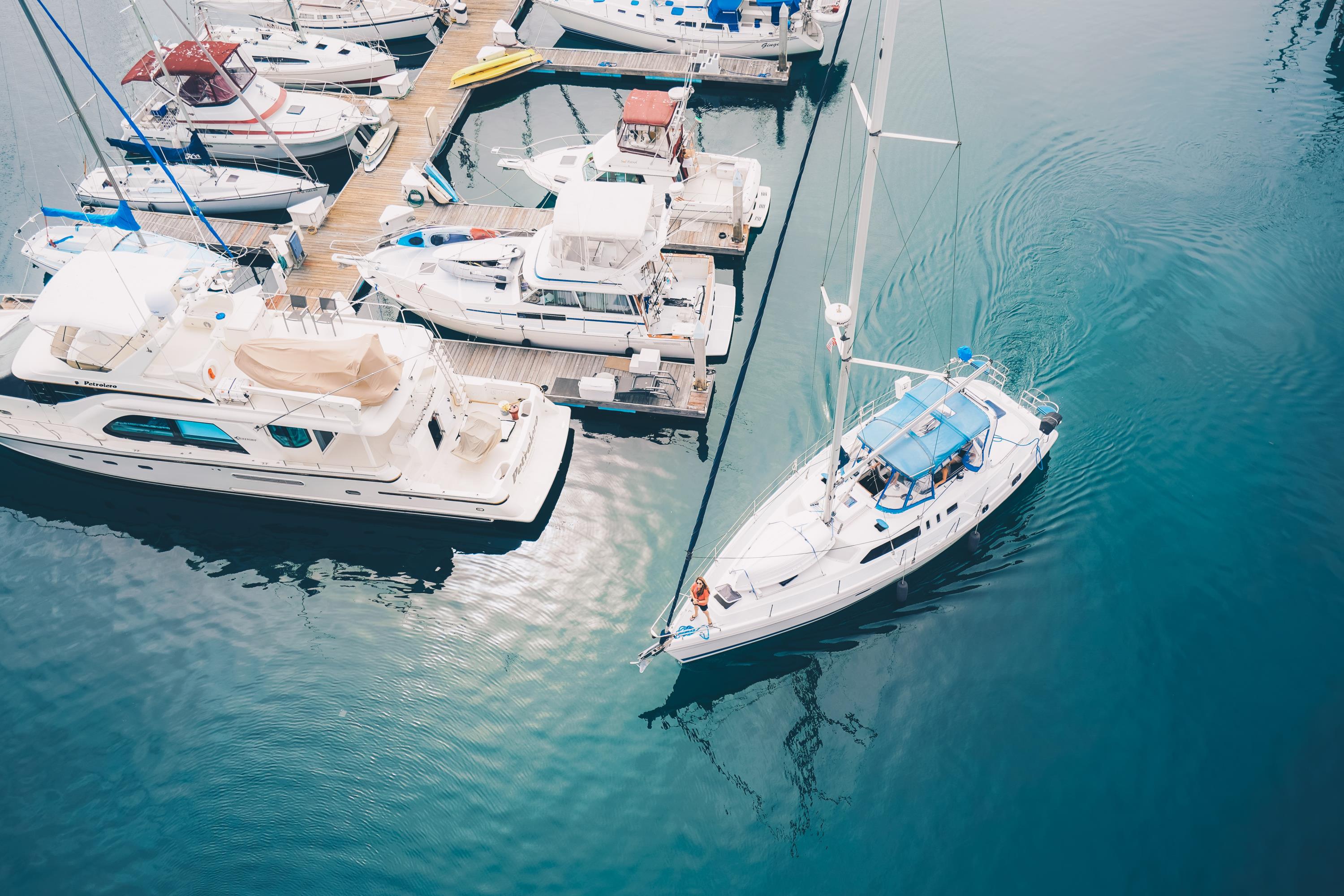
Unlike autos, for which every state requires at least liability insurance (in case you damage someone else's property or cause injury), few states require that you have such coverage for your boat. Arkansas and Utah, for example, are the only states that require liability coverage for powerboats (and, in Utah, only on those with engines producing more than 50 horsepower), though boats used in some state parks or kept in some state-run marinas may be required to be insured as well.
Note that if your state, bank, or marina requires you to carry boat insurance, your homeowner's policy will probably not be acceptable. That's because coverage under homeowner's policies is generally limited to boats under 16 feet with a small outboard and with a very low value (often as low as $1,000). Homeowner's policies don't have the necessary provisions to cover the different types of losses that may occur with a boat, such as salvage, wreck removal, or pollution liability. Boat insurance is designed to address the specific needs of boaters, including:
Litigation: Lawsuits have become common in our culture. Reading any newspaper makes it clear that people can and will sue others — even friends and neighbors — for just about anything. For example, let's say you take a friend out on your boat and encounter a large wake that slams your friend down against a hard seat. Even if your friend says he's OK, if it turns out later he's injured, you could be sued and held liable for all the medical bills as well as payments for lost time from work and even pain and suffering. Your boat policy will provide a defense attorney to represent you in such a suit, and it will pay any damages you're found to owe (up to the limit of the liability coverage).
Investment Protection: Without insurance, you risk losing your investment to accidents or to any number of other events. A single strong storm can (and frequently does) sink boats, a fire in a nearby boat can burn your boat, or you could be the victim of vandalism. If you want to protect yourself and your investment, how do you buy the right insurance and avoid overpaying? If you have a Chevy, you may not want to pay for Cadillac insurance; on the other hand, if you have a large investment, you may want to be protected from any significant loss